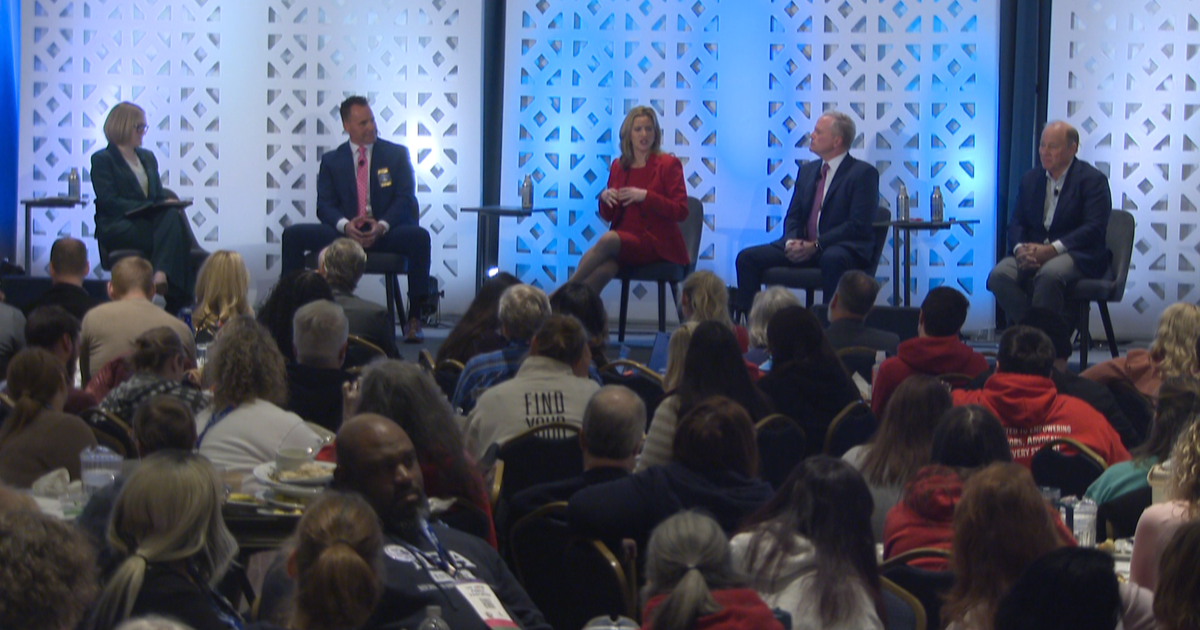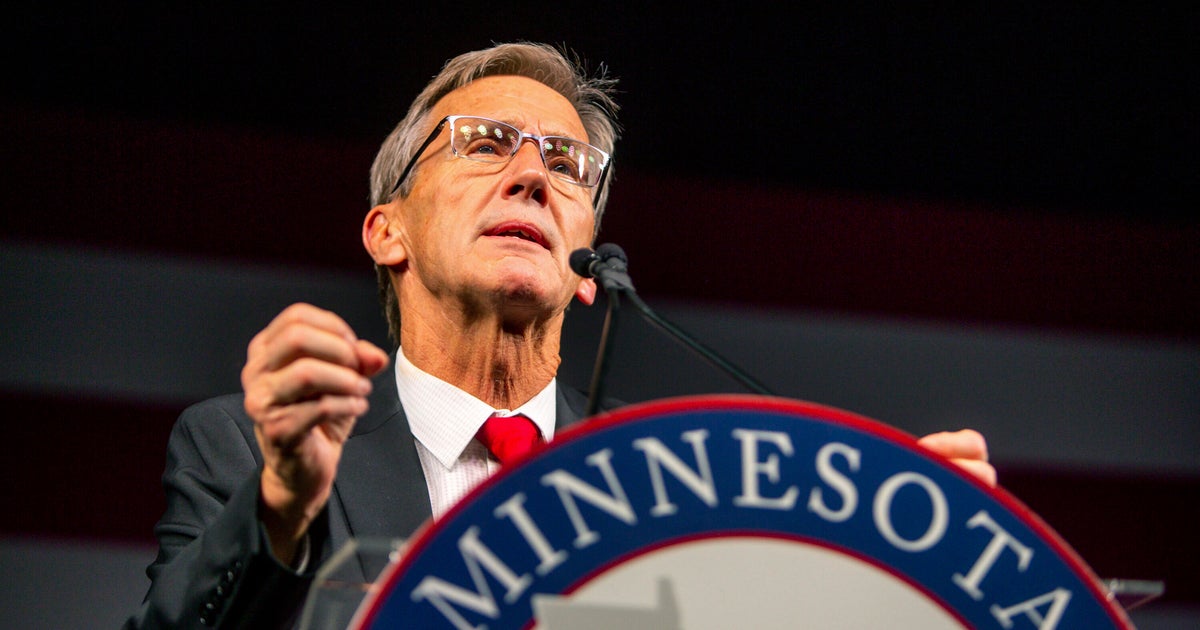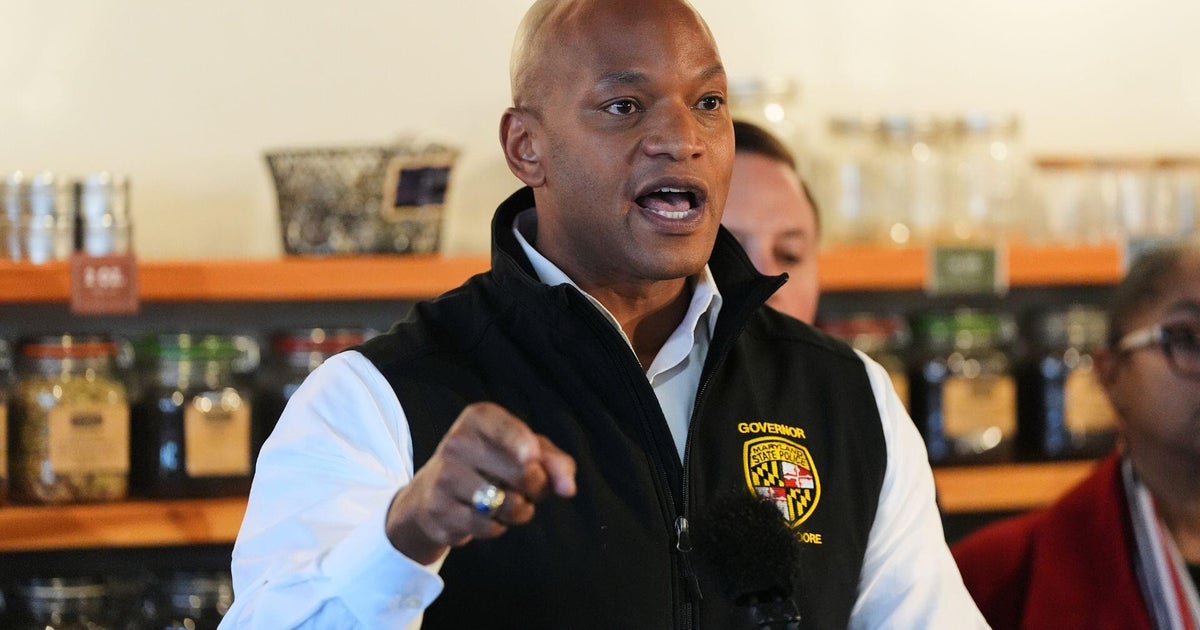Government Sequester Looking More And More Likely
WASHINGTON (CBSMiami) – It's beginning to look more and more likely government spending in the United States is going to be hit with one of the largest austerity packages in recent memory.
The austerity would be in the form of the sequester which will cut discretionary defense spending by 7.3 percent, discretionary non-defense spending by 5.1 percent, and a 2 percent cut to Medicare. The austerity package was agreed to by both parties as a penalty if a super-committee couldn't agree to a multi-trillion dollar deficit reduction program.
Despite both Republicans and Democrats saying they don't want to see the sequester take place, both party's can't agree on ways to avert the massive cuts to government spending.
The sequester is coming on the heels of a fiscal contraction in gross domestic product in the fourth quarter of 2012. It was the first loss in GDP in several years and put the economy on a path to a possible double-dip recession.
The loss in GDP was blamed on steep cuts in government spending, which has helped drive the American economy in the past during times of deep economic downfalls. However, the current economic problems have been hit by austerity plans from Congress and the White House.
Already this year, the fiscal cliff deal that had the expiration of the payroll tax cut is expected to pull $125 billion out of the economy and drop GDP by 0.6 percent over the next year, according to the Huffington Post.
According to the Washington Post, Moody's Analytics is projecting the sequester will cut 0.5 percentage points off growth in 2013 if it's allowed to take effect. Combined, the two programs will slash more than one percentage point from GDP growth in 2013, when growth was not expected to exceed three percent.
Republicans in the House of Representatives offered a plan last summer to avert the sequester cuts to defense spending by slashing spending on food stamps and other social programs. Senate Democrats and the White House both rejected the plan.
House Republicans have repeatedly vowed to slash government spending saying only cuts to spending can solve the economic problems, despite the cuts' impact on the overall economy. According to the Post, government spending and investment have been going down since 2010.
The Washington Post reported that if government spending had been neutral in the last quarter instead of contracting, the economy would have grown at a rate of 1.23 percent instead of shrunk by 0.1 percent.







